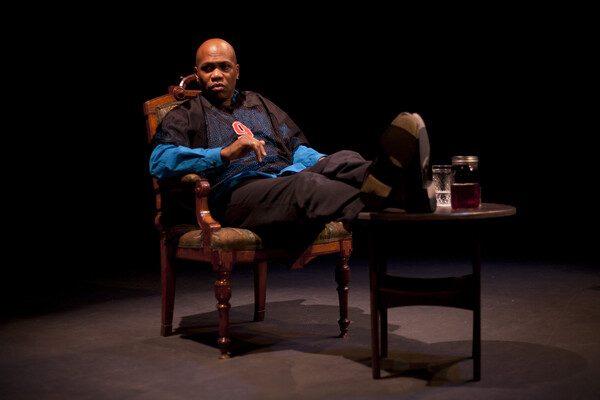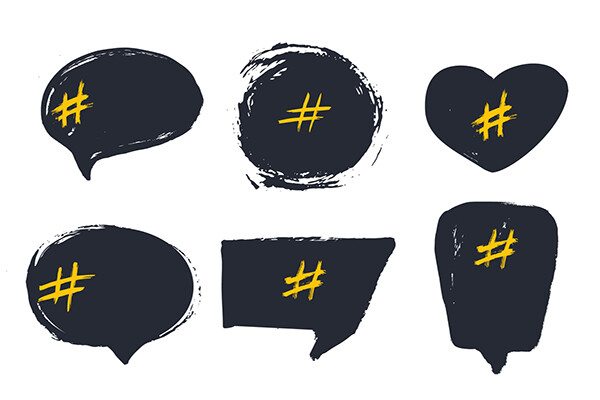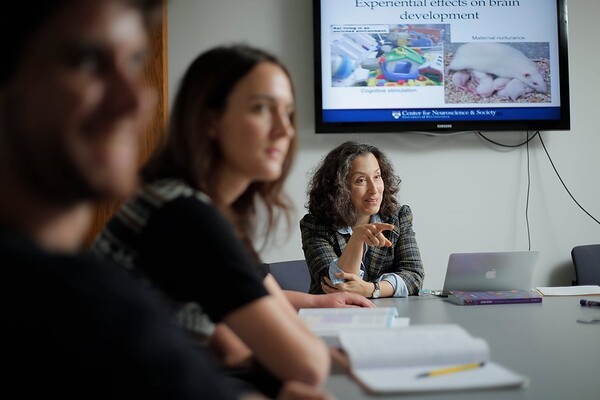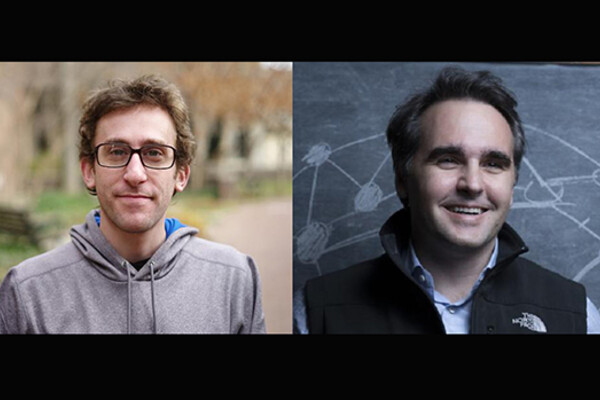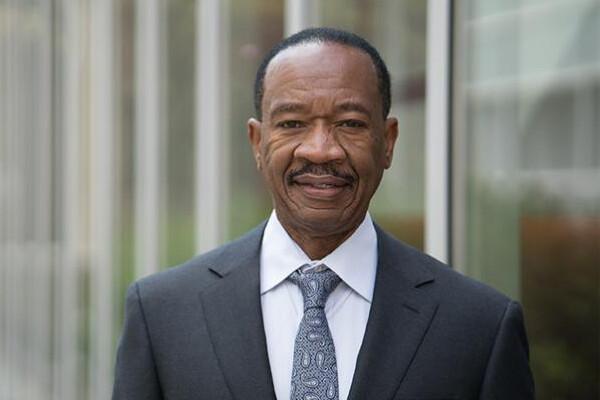11/15
Annenberg School for Communication
Seeing life through their eyes
Through the voices and stories of seven men, a feature-length documentary co-produced and directed by Annenberg Dean John L. Jackson Jr. and graduate student Nora Gross illustrates what it means to be black and gay in the south.
Brevity is the soul of Twitter
A new study from the Annenberg School for Communication finds that the 280-character limit makes Twitter more civil.
Cell-mostly internet users place privacy burden on themselves
A new report from the Media, Inequality and Change (MIC) Center details the kinds of online privacy tradeoffs that disproportionately impact cell-mostly internet users—who are likely to be Black, Hispanic, and/or low-income.
Improving journalists’ access to public information records
A study by the Media, Inequality and Change Center and the Center for Media at Risk of Pennsylvania-based journalists, was conducted in order to highlight their experiences with Pennsylvania’s Right-to-Know Law, analyzing how journalists’ Freedom of Information requests have resulted.
Understanding why teachers discriminate against minority students
A new study authored by research scientist Emile Bruneau found that biases people may harbor can sometimes inhibit their abilities to do their jobs, based on a study of teachers’ implicit biases towards their students.
Five insights into how the brain works
As the Center for Neuroscience & Society celebrates 10 years, founding director Martha Farah reflects on the array of research from its faculty, on subjects from brain games to aggression.
When you watch online porn, who is watching you?
A forthcoming study from the Annenberg School for Communication analyzed over 22,000 pornography websites and found that 93% of them were sending user data to at least one third party.
Calling all techies: Penn’s your next stop
Throughout the years, jobs in technology have flourished at the University. Here’s why it’s such a good place to work in tech.
Echo chambers may not be as dangerous as you think
Research on the “wisdom of crowds” has found that access to information exchange can increase the likelihood that beliefs are accurate, even contentious partisan political beliefs, among homogenous groups.
New intervention increases healthy behavior among South African adolescents
A new study from the Annenberg School for Communication led by John B. Jemmott found that a specially designed health intervention given to South African youth improved healthy eating and amount of exercise, with effects lasting at least 4.5 years.
In the News
Grumpy voters want better stories. Not statistics
In a Q&A, PIK Professor Duncan Watts says that U.S. voters ignored Democratic policy in favor of Republican storytelling.
FULL STORY →
Charted: 988 awareness still low
A survey by the Annenberg Public Policy Center finds that public awareness of the 988 national suicide prevention hotline is growing but still low, with remarks from Kathleen Hall Jamieson.
FULL STORY →
Trump Jr. hails ‘new cultural movement’ as athletes imitate ‘Trump dance’
Kathleen Hall Jamieson of the Annenberg Public Policy Center says that Donald Trump’s support among fans of mixed martial arts is evidence of how he’s tapped into segments of the electorate ordinarily neglected by politicians.
FULL STORY →
Trust in science hasn’t fully recovered from pandemic controversies
Kathleen Hall Jamieson of the Annenberg Public Policy Center says that Republican lawmakers engaged in a sustained attack on a sector of science during and after the pandemic.
FULL STORY →
More than two million voters backed both Trump and abortion access
Kathleen Hall Jamieson of the Annenberg Public Policy Center says that Donald Trump’s ambiguity on abortion served him well during his campaign.
FULL STORY →




